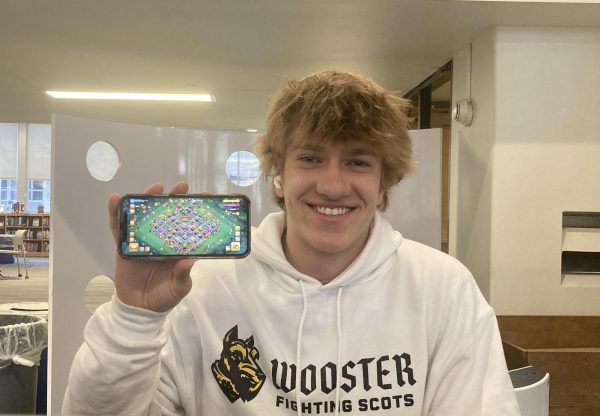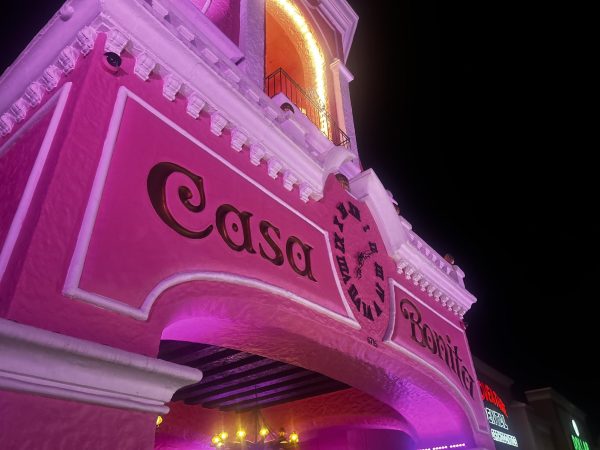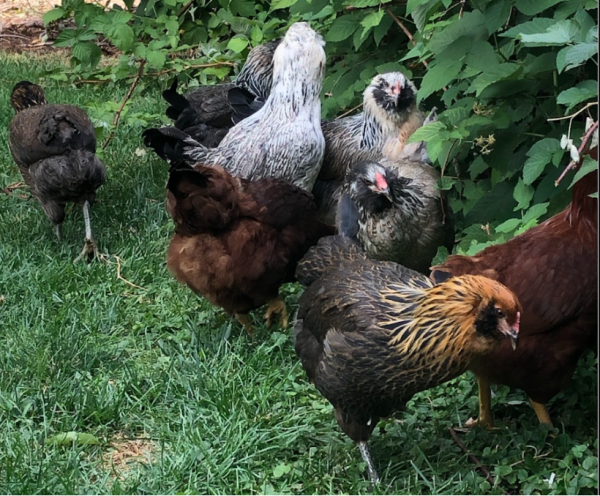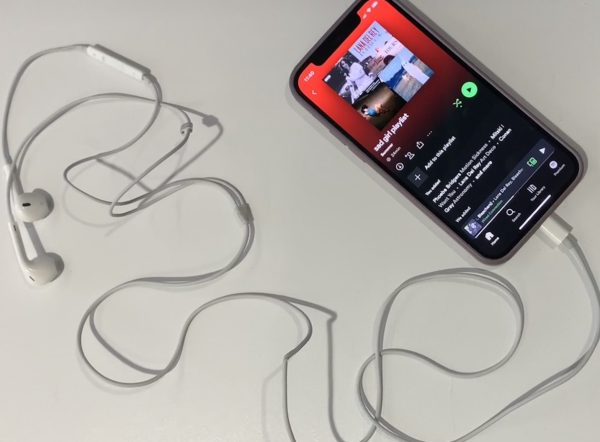A New Look at Learning
Immediately, when the phrase “rouge academic” is mentioned, the primary interpretation issues the idea of extreme change, tearing down the educational system, dethroning power systems, etc. In association with these ideas, many dismiss the subject, deeming the task radical and rebellious. But before the anticipated disapproval, allow me to explain.
At the turn of the 20th century, following the industrial revolution, there was a fundamental shift in the way Western society viewed education. Provoking newfound thoughts and freedoms, education symbolized a spirit of discovery— a lens through which to look at the world. In this, students were encouraged to take education into their own hands, based on their interests and pursuits: a humanist form of education. Looking back even to the Italian Renaissance, humanistic learning was slowly growing in popularity. But, as time passed, the once ‘spirit of discovery’ deviated towards utilitarianism, and education veered from bettering the individual spirit to something required of the individual to better themselves economically.
Emphasis on the economic benefits of education inspired change in many of the educational practices as well. New criteria and obstacles needed to be breached; instead of having students dive deeper into a subject out of pure curiosity, students were now expected to fulfill certain rules. The entire framework of education is simplified down to “checking boxes.” So much so that many students today have essentially become fish in water— they don’t recognize how these dominant conceptions dictate how they’re viewing education.
This, over time, of course, will change how individuals view themselves throughout their schooling. Instead of being a person that seeks to derive some value out of education, the concern becomes fitting oneself into the workforce – securing that promotion, working for better grades, and getting into more elite schools for the sake of labels, etc. Suddenly, it may seem the pursuit of discovery and knowledge is tucked under a blanket. From here, education now has evolved into something that consequently burns the creativity out of us, and expectedly so: it has eradicated that part of us looking for exploration. By pursuing this elusive idea of being “productive”, in a sense, we industrialized education at the cost of internally driven, focused learning.
To counteract the idea that is trying to burn out the idea of innermost discovery in the education system, it’s fair to say that this isn’t going to change anytime soon. Many people have devoted their lives to the entire mission of transforming the current system of education, and yet, the issues still very much exist. The core concepts, legislation, and courses are not going to shift – students often don’t have the power, and we shouldn’t expect to have it anytime soon. What we can do is shift the way that we talk about education and what it means to be educated.
For me, this means returning to a very renaissance way of learning. Bettering the individual (a very humanist idea) as a means of facilitating wisdom. This is a very old idea, even going back to the ancient Greeks. In a way, it comes down to philosophy, mathematics, and the understanding of the world to transform the individual. A school environment is very hard to break out of. Especially when a new idea is introduced, the conception is bound to be resisted, even mocked or judged. The need for that degree, getting up to that grade, getting that bachelor’s, etc. is what the definition of education has evolved into. What once may have been genuine interest, is washed away by daily tasks in the hope of getting to a set destination. The repetition becomes mundane, as the flow of knowledge is ultimately stripped of its core. This, for me, has inspired curiosity – a need for something beneath the surface.
The promised idea of education and the reality of it are completely different things. Shifting the ways we, as individuals, handle it makes all the difference. These overarching ‘grand tasks’ or ‘narratives’ of education are the things we need to doubt, interrogate, and, if necessary, change; all to regain that spirit of discovery.
In response to this, here are some methods one may try:
1) Approach the subject with a genuine interest, looking to extract whatever information possible organically. If one has that genuine spirit of curiosity, it can automatically lead to self-lead mastery.
2) Embrace the idea of learning outside the classroom. Learning is not confined to a university, high school, or institution. In the modern world, it’s nearly impossible to not be learning. There are so many courses online giving step-by-step instructions on how to draw, write, cook, sing, play the guitar, etc.
3) Attempt to not place so much worry on tests, assignments, and grades. This idea is very important, and highly controversial because so many students find themselves shackled by grades. Shackled by this illusory number that ‘determines our fate’. This dry, mechanical number. Instead, tackle assignments as if to reach out to what more education has to offer.
Come to education from a place of discovery. It becomes easy to fall into these traps of various myths of completion (if I complete something I’ll have a perfect understanding of the said thing). By going rogue, or against the grain of completion for the sake of completion, the enthusiasm for extra research will become automatic.
Education, for me, is bettering the self. I take it very personally, grasping for what exploration and curiosity it can offer. Now when I sit down to do an assignment, I find it necessary to approach it by saying, “this number is only going to tell me how much more I need to know about the subject. It will not reflect my personal abilities, nor my innate aptitude. It is only a means to measure how well I am mastering the subject.”

Leah Frankel is the Arts & Entertainment editor for The Owl and a senior at Boulder High School. Outside the bustling atmosphere of the newspaper room, she co-leads Navig8 at the Boulder JCC and volunteers at their Milk & Honey Farm. She’s a returning fellow at Kol Koleinu, a national Jewish-feminist group moving towards social work. Leah is a middle child of three girls and has been interested in both social justice issues and writing from a young age. In her free time, she loves to sing Ella Fitzgerald, paint, read at her cabin in Rocky Mountain National Park, hike with friends, and listen to a wide range of music! “I’m solidifying a real community here at The Owl. I can share...






